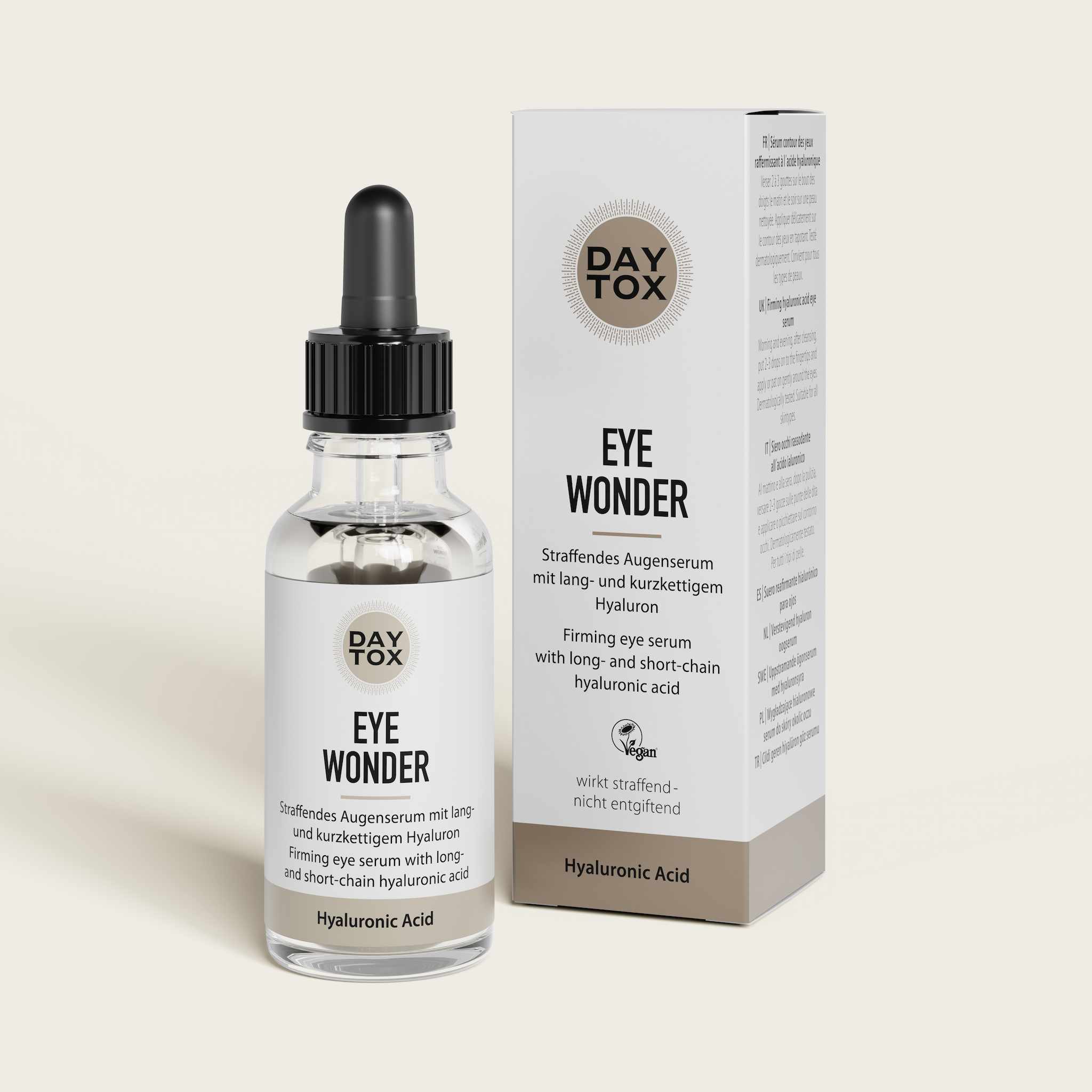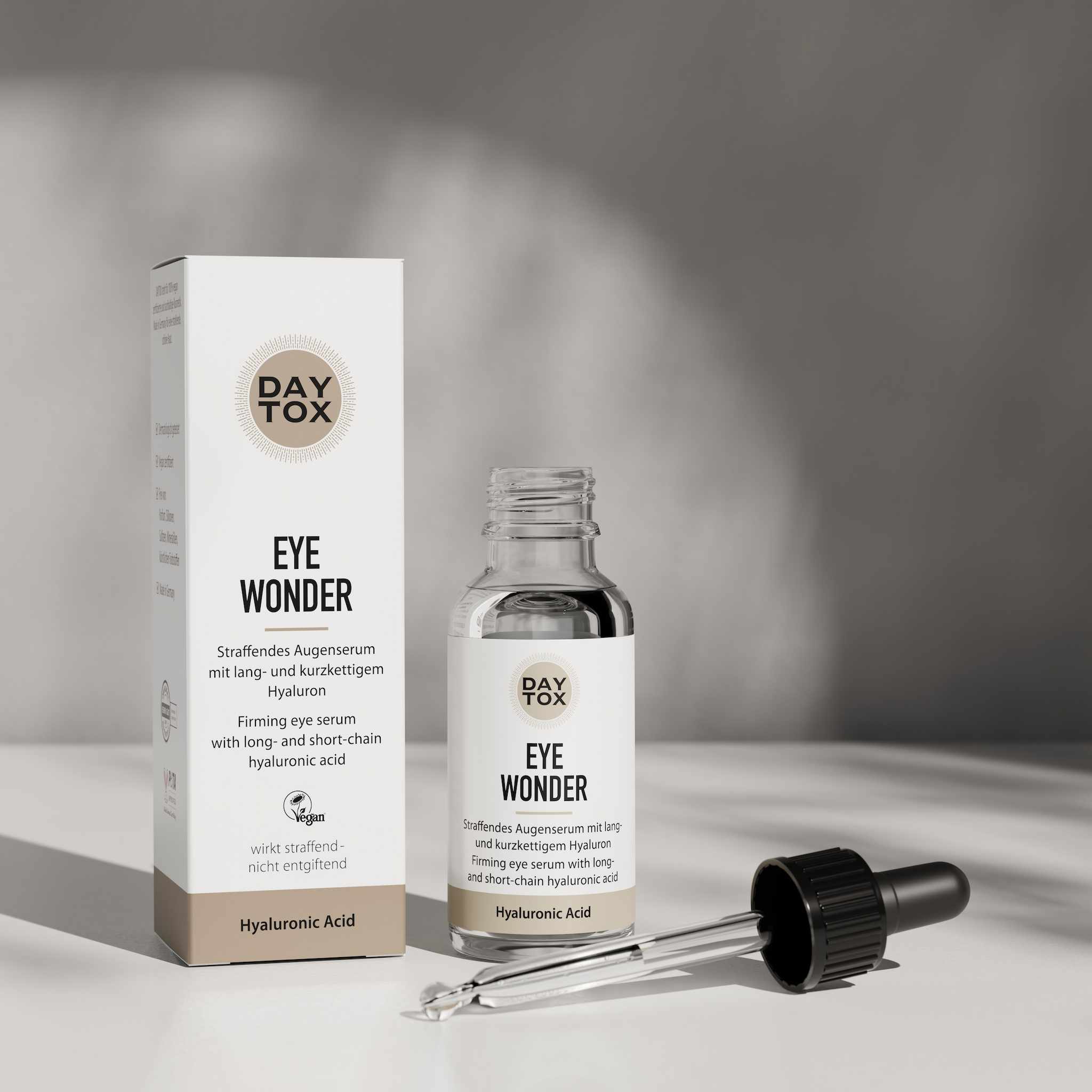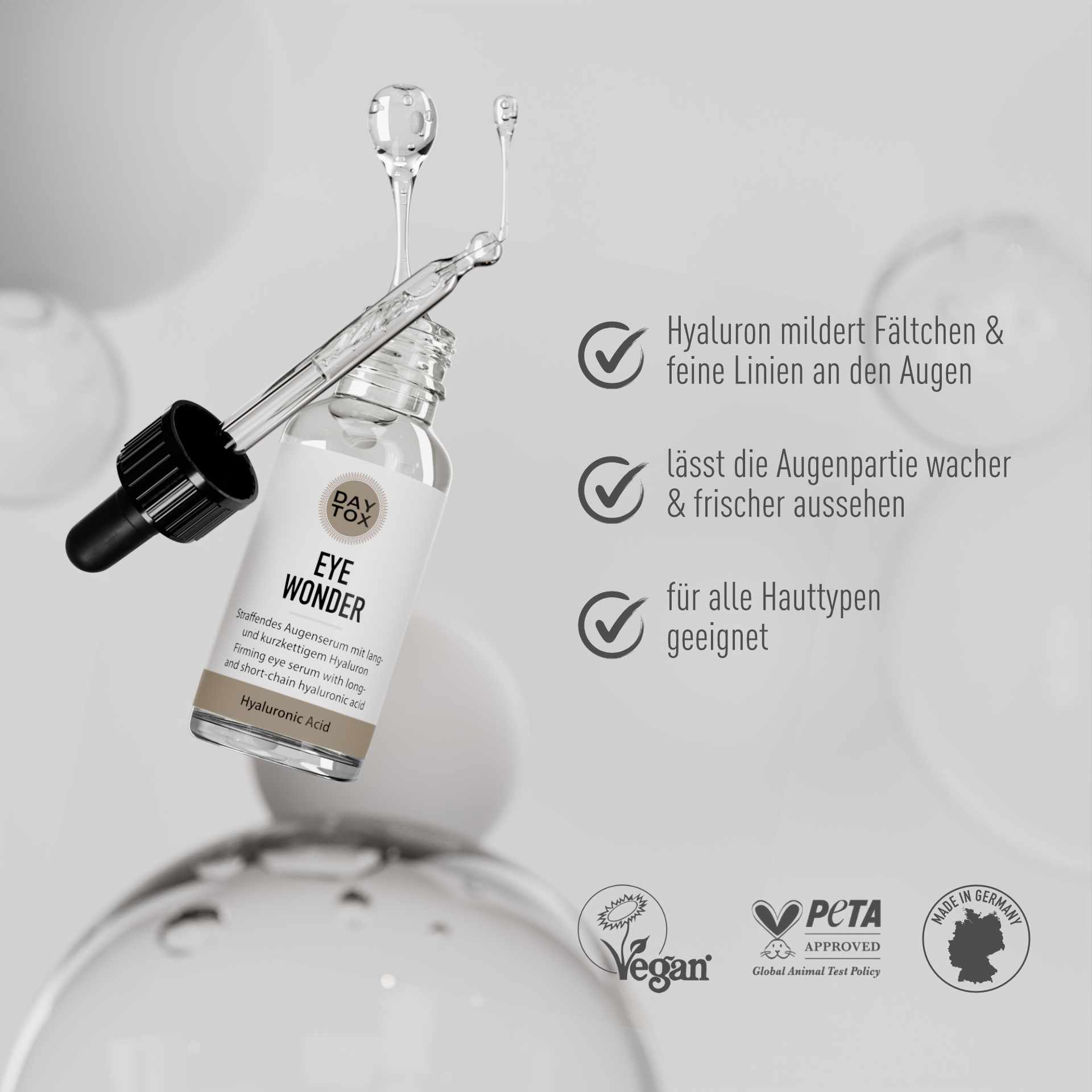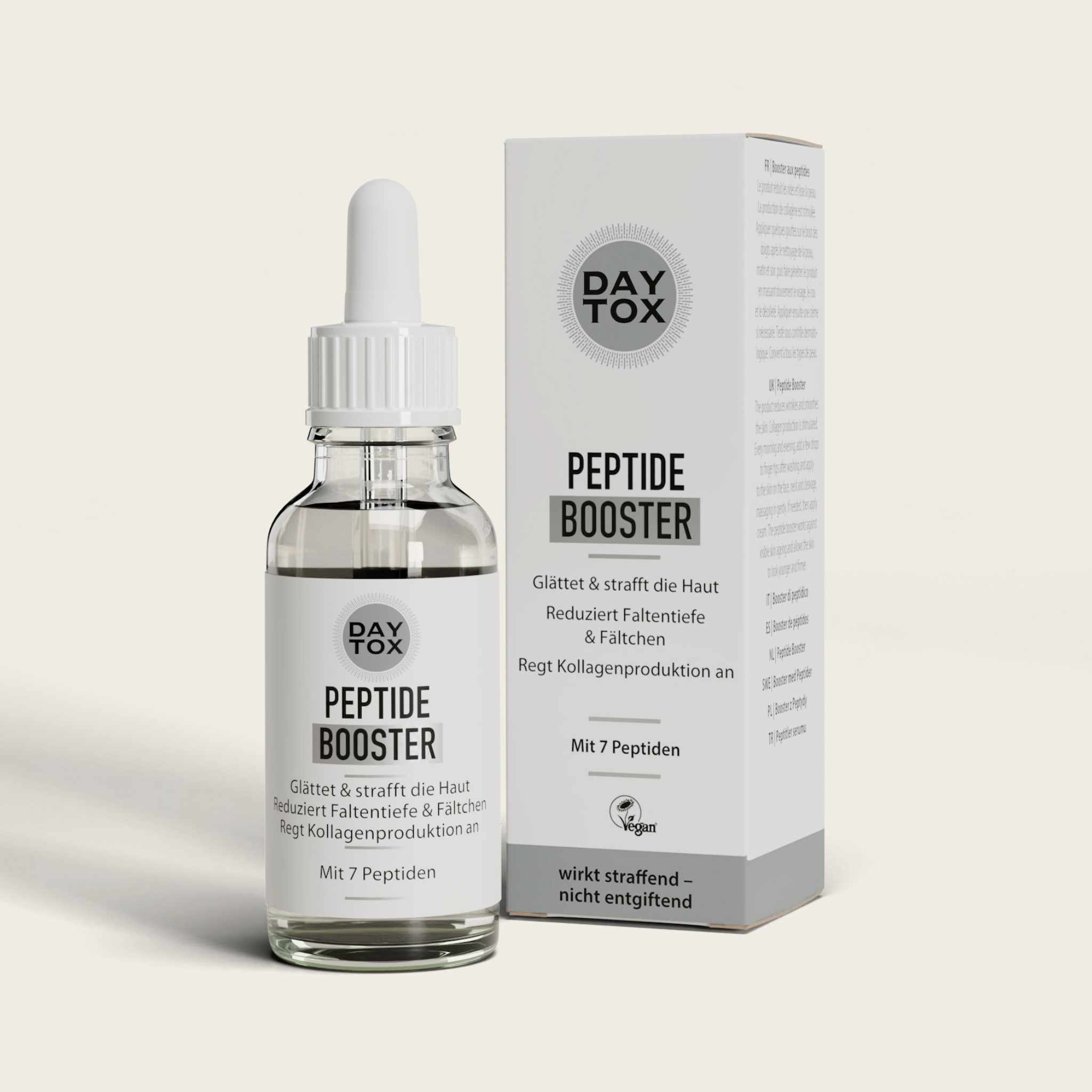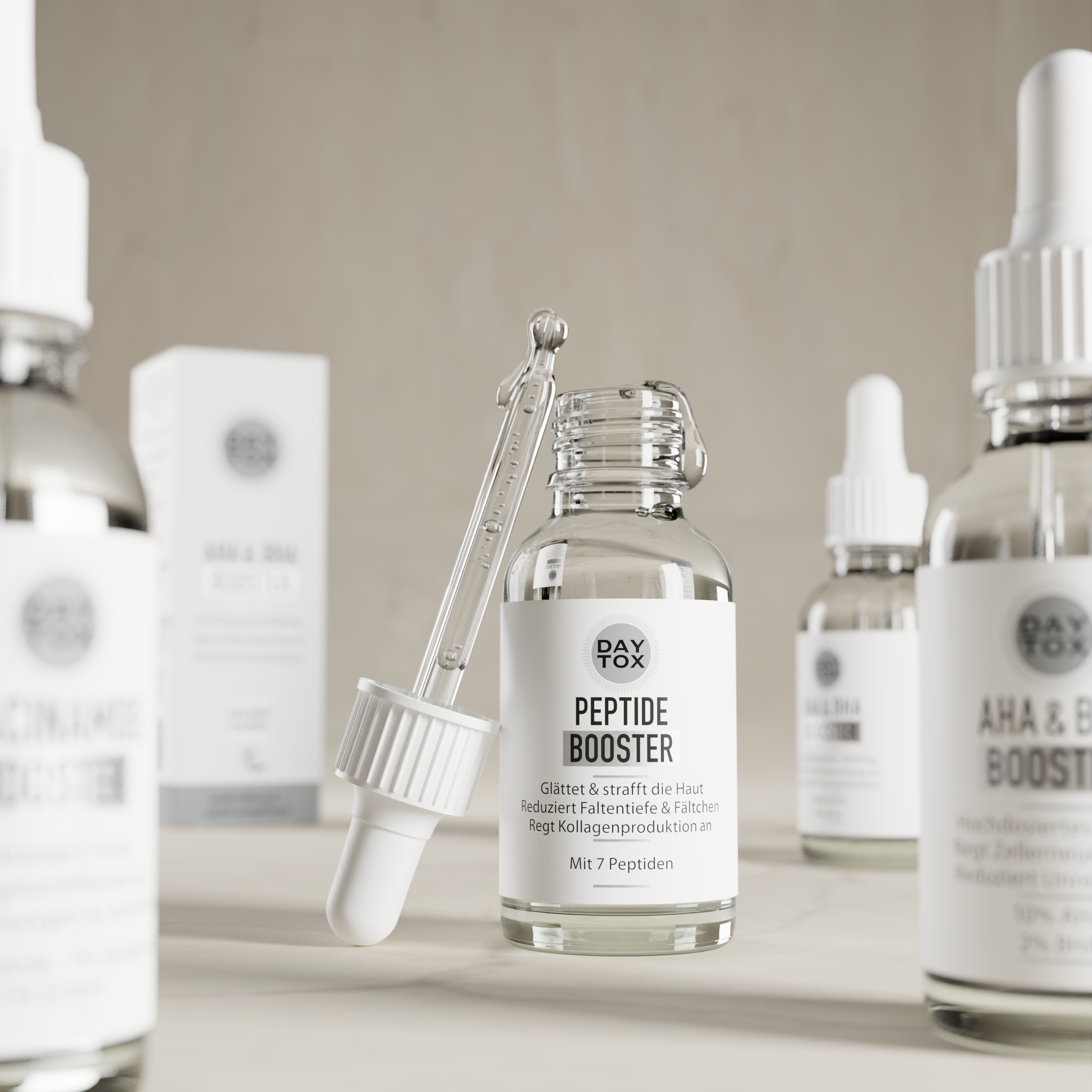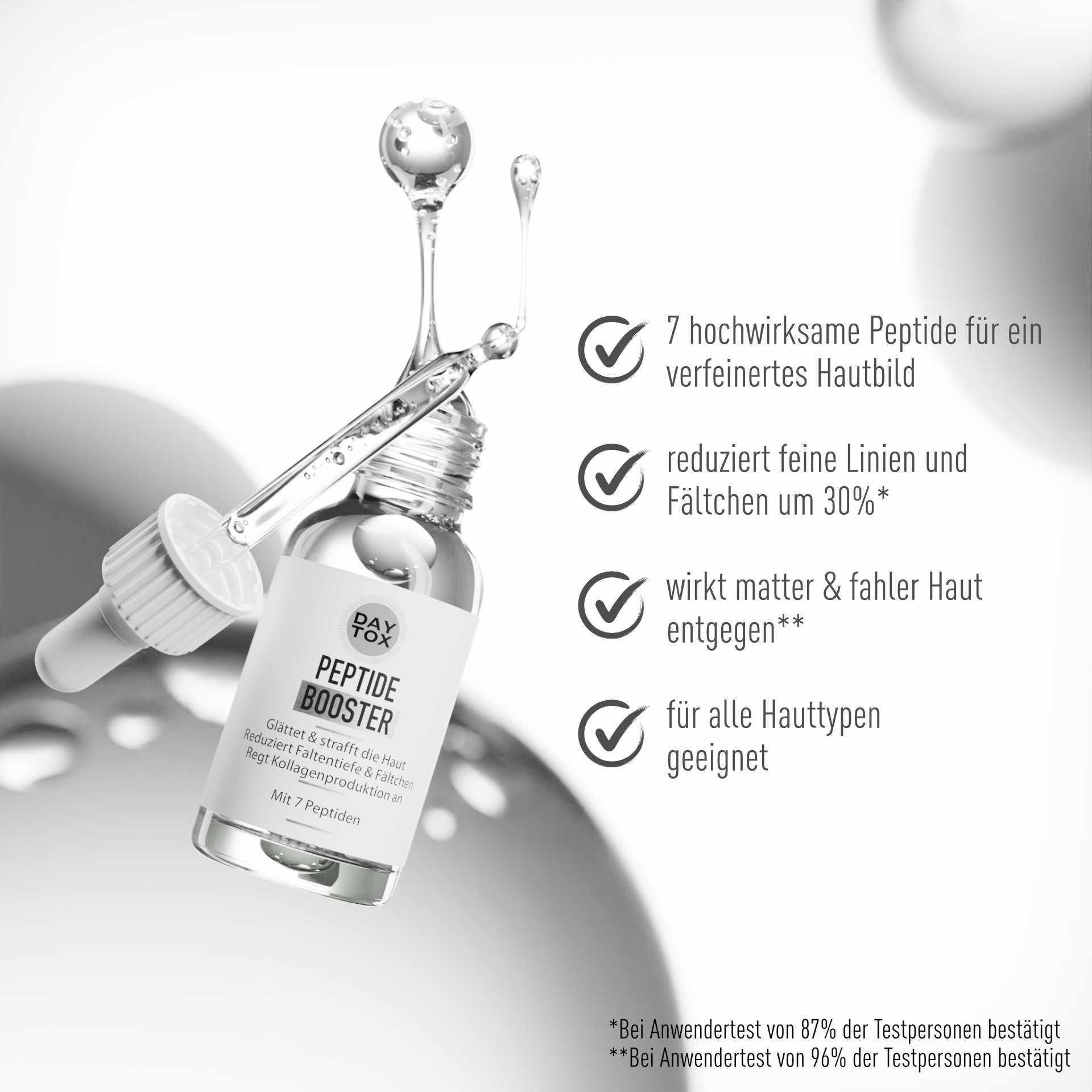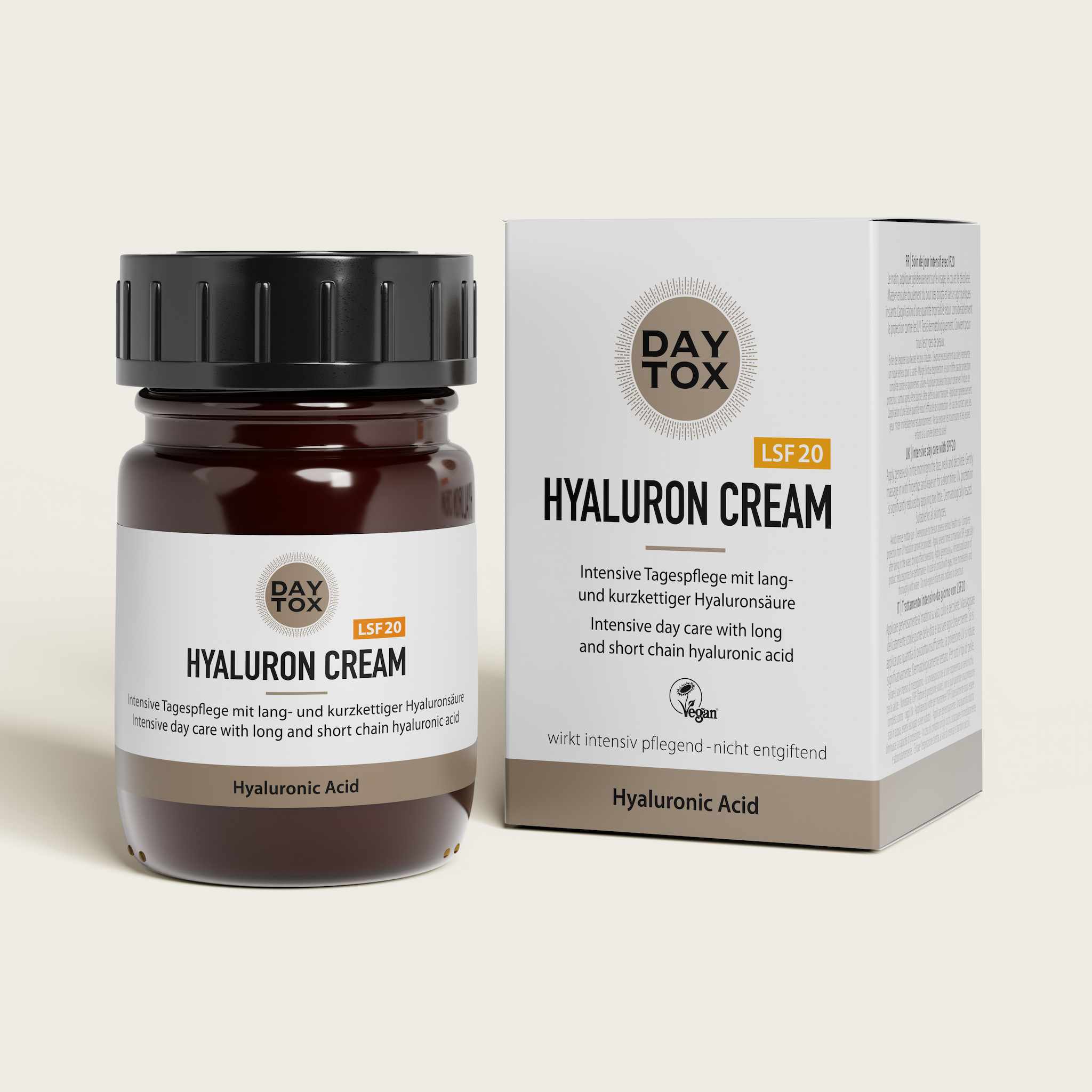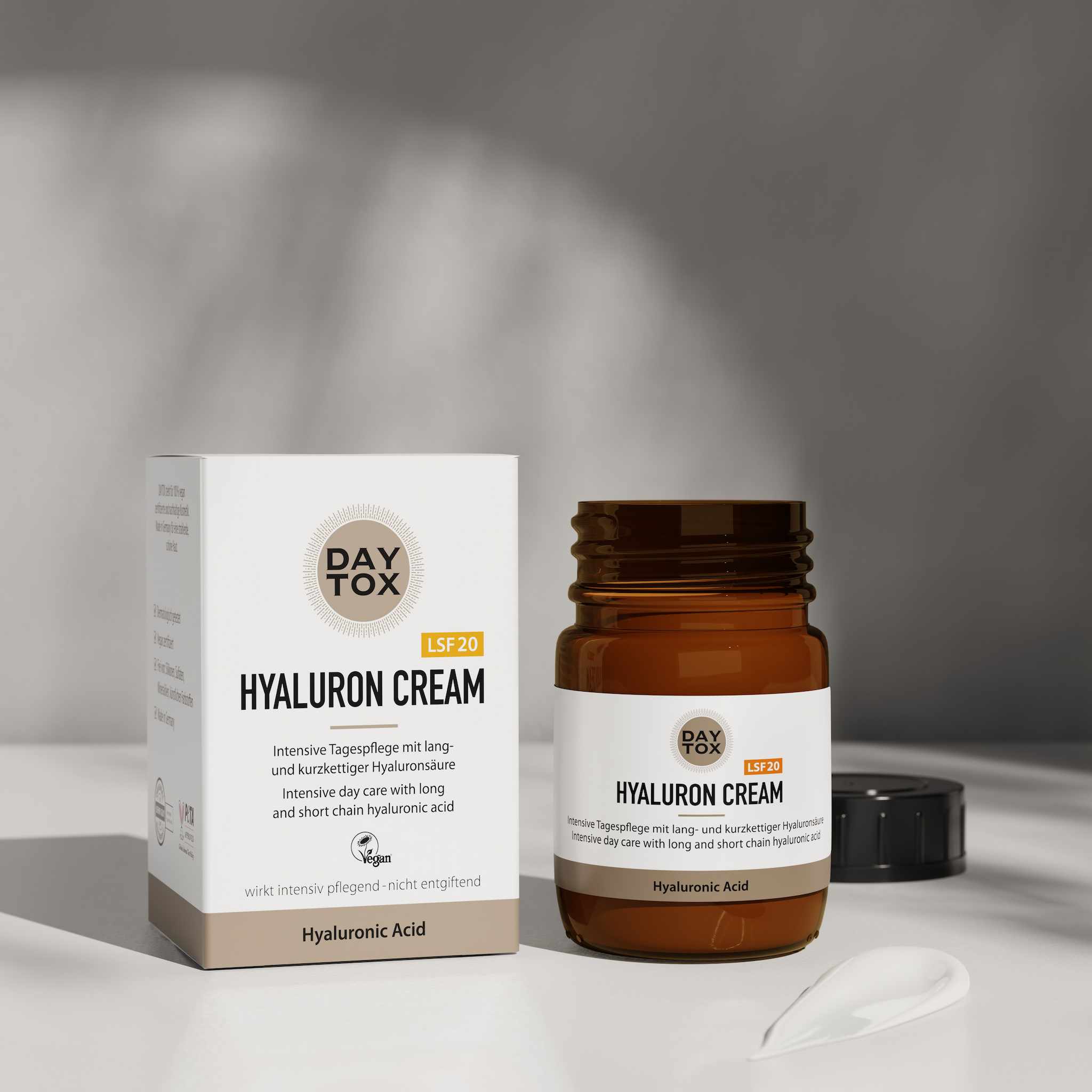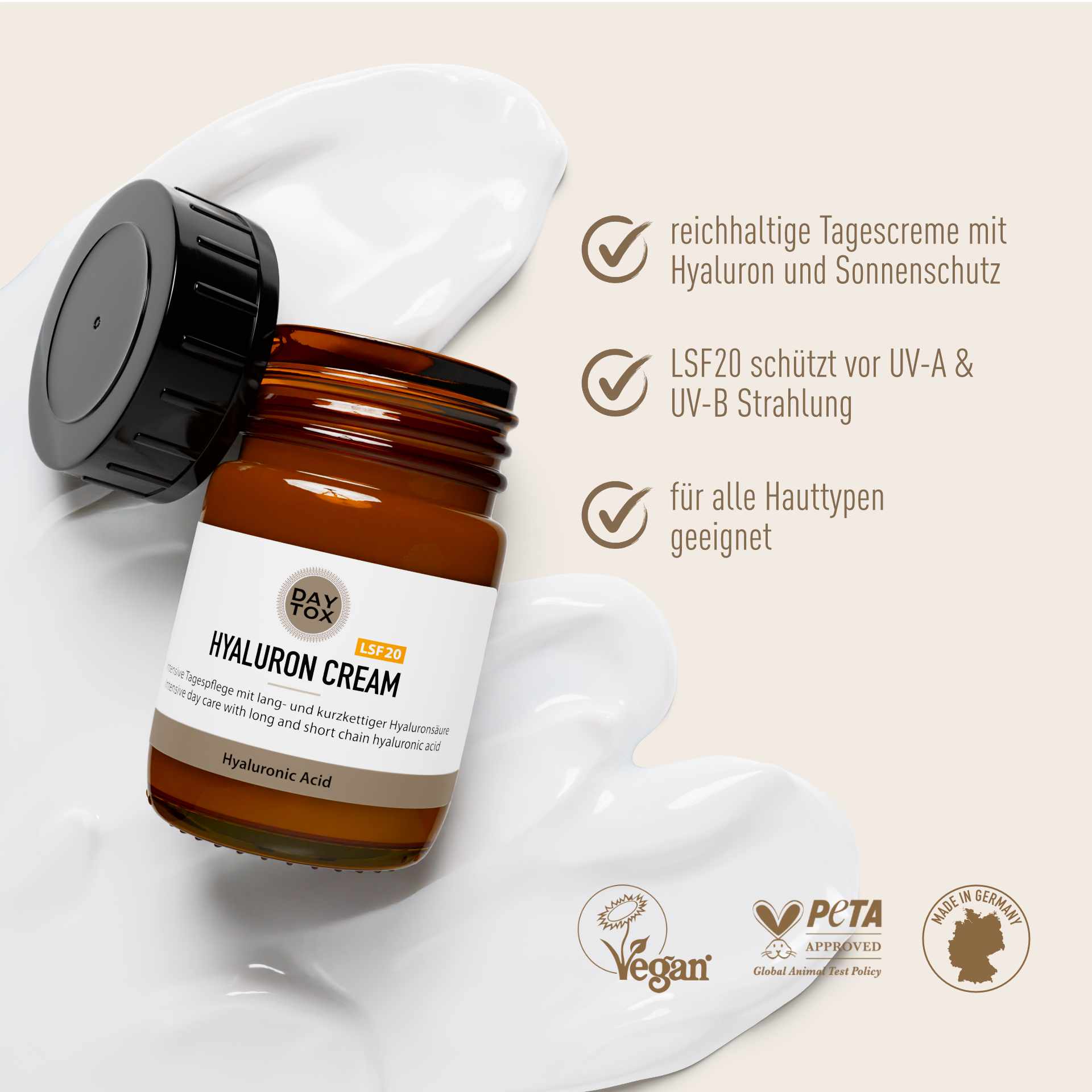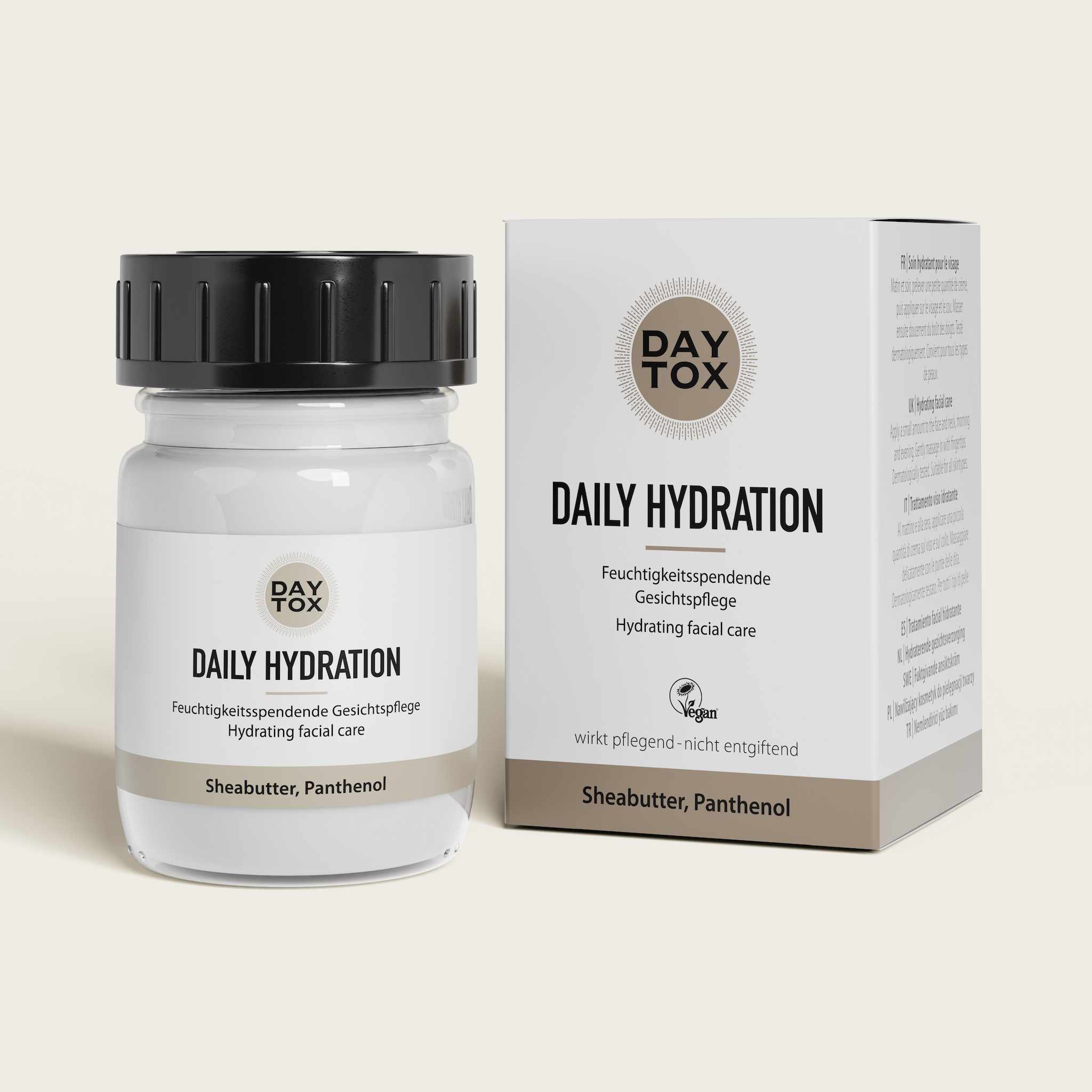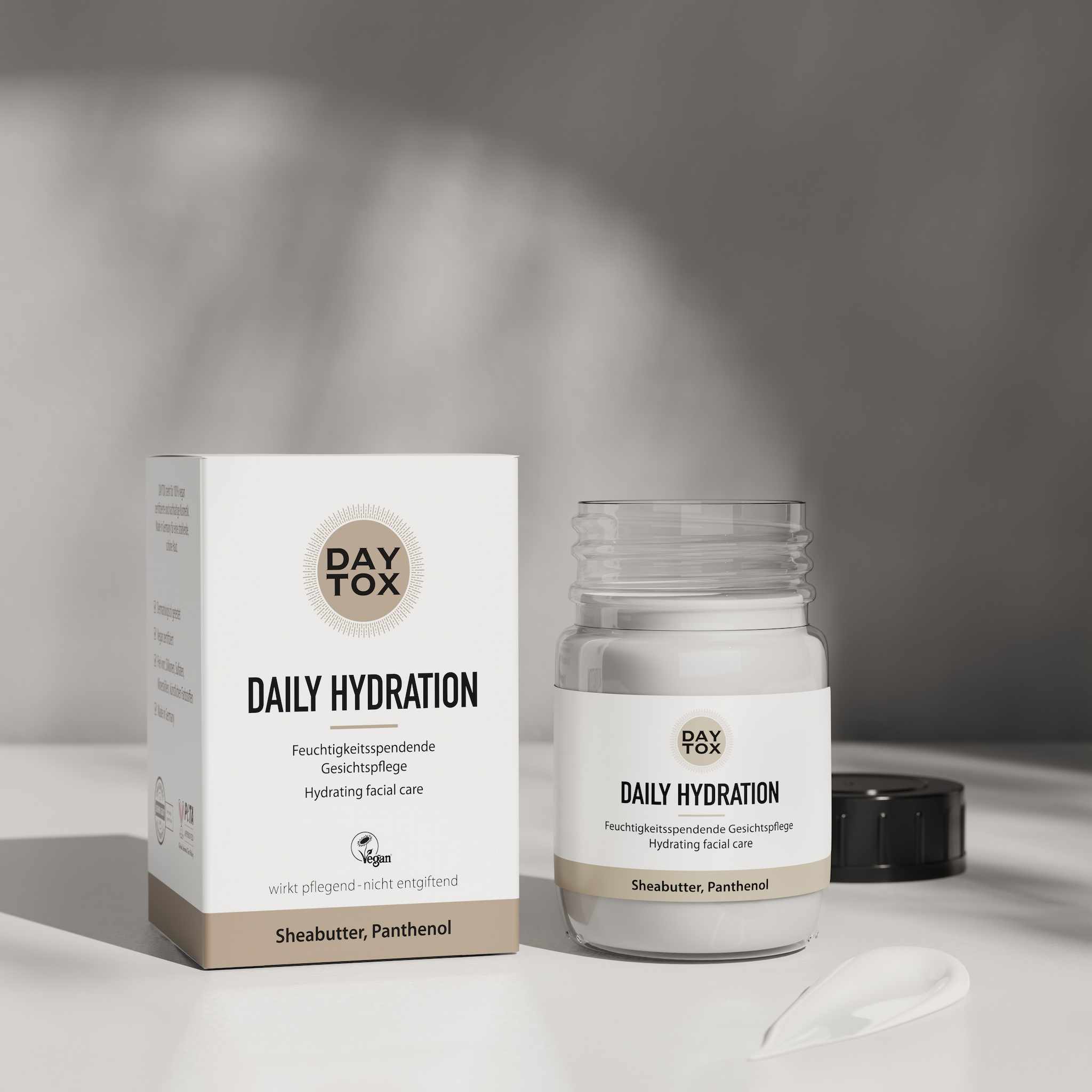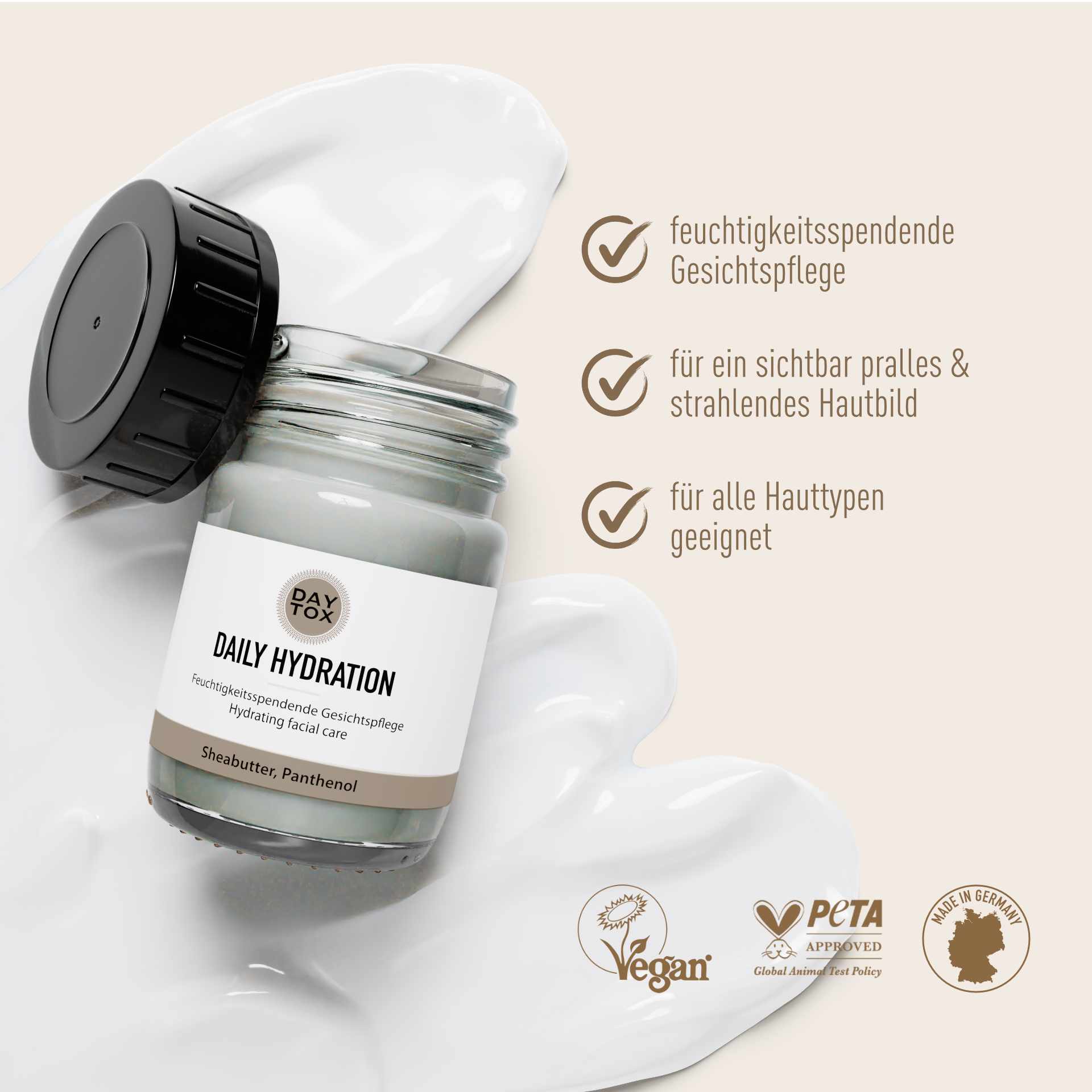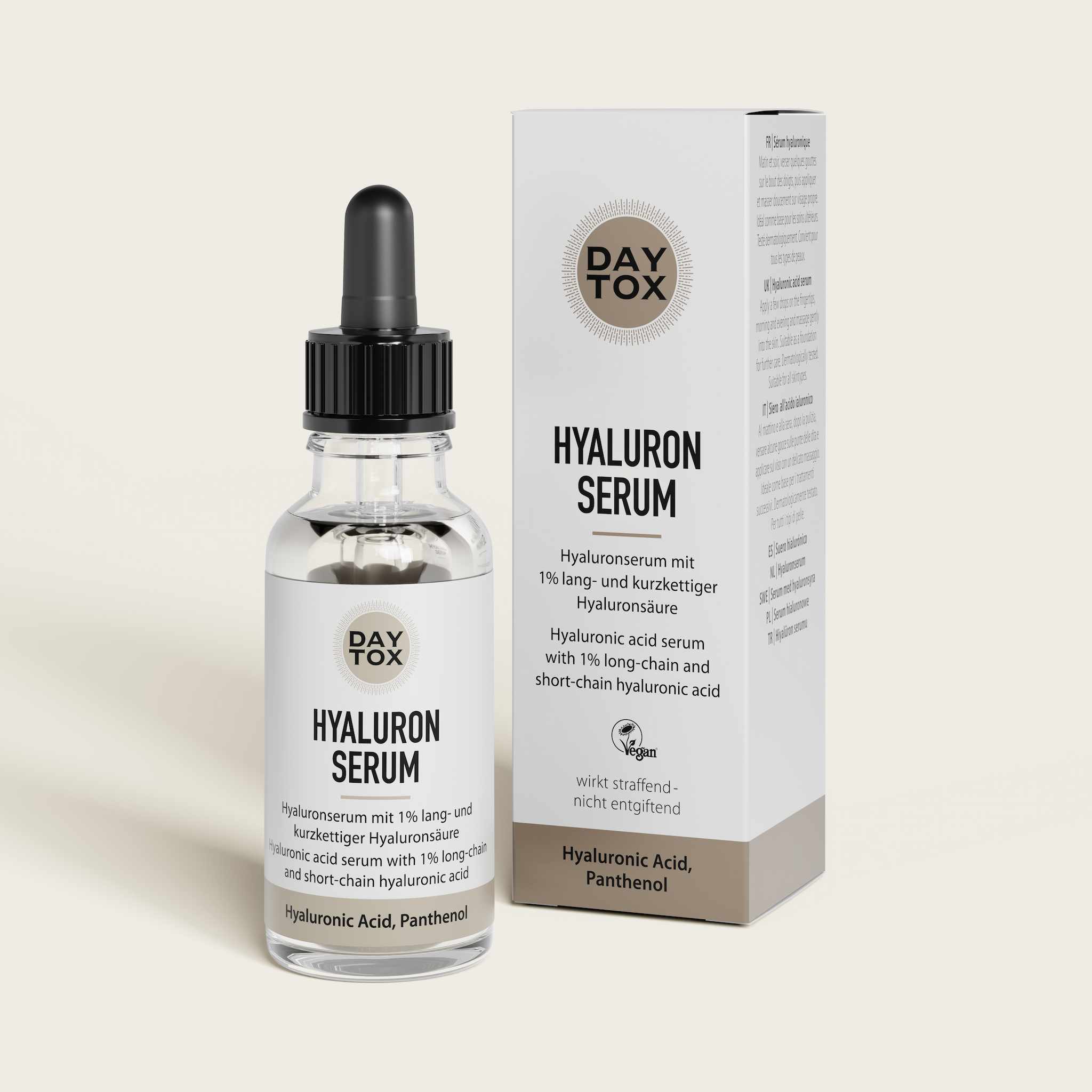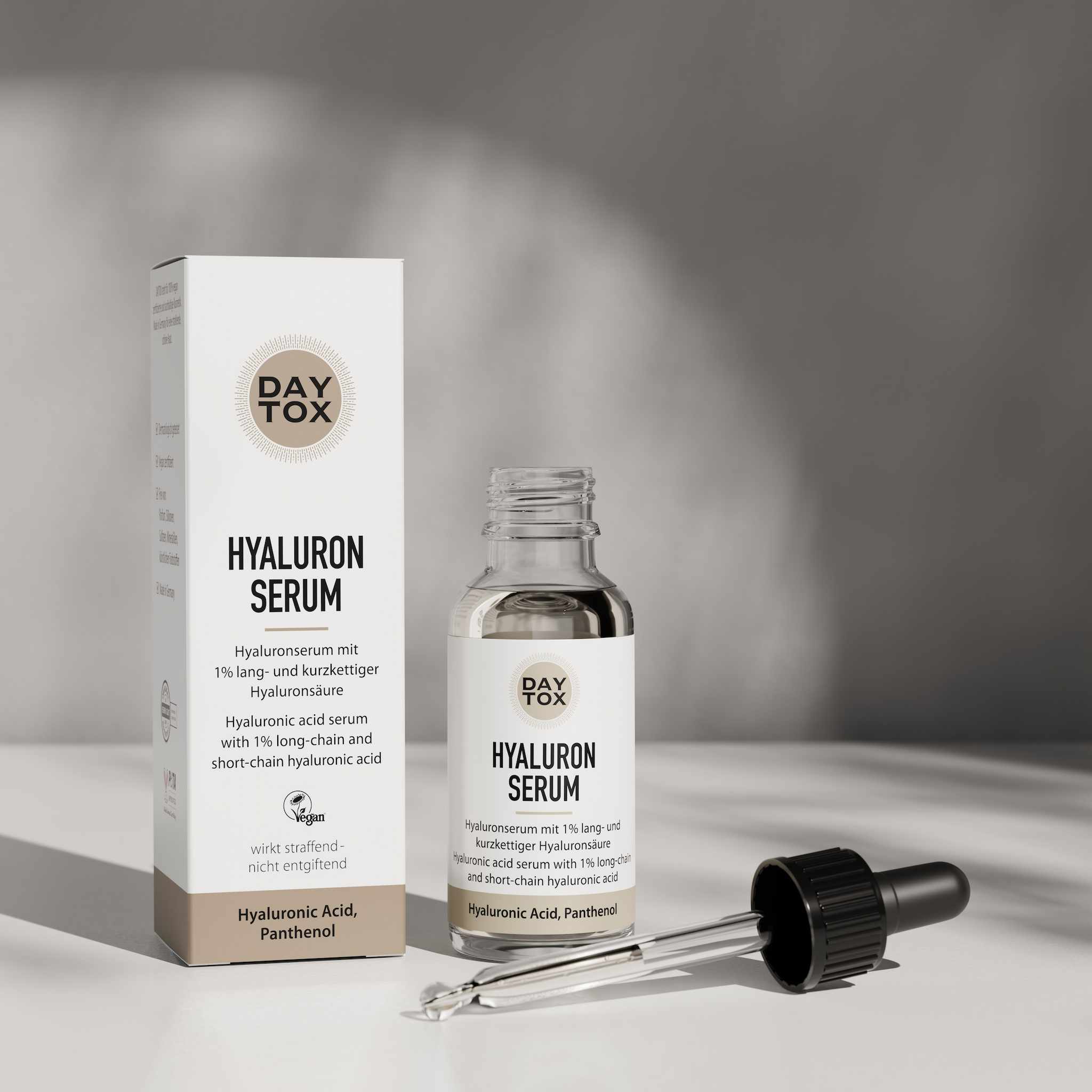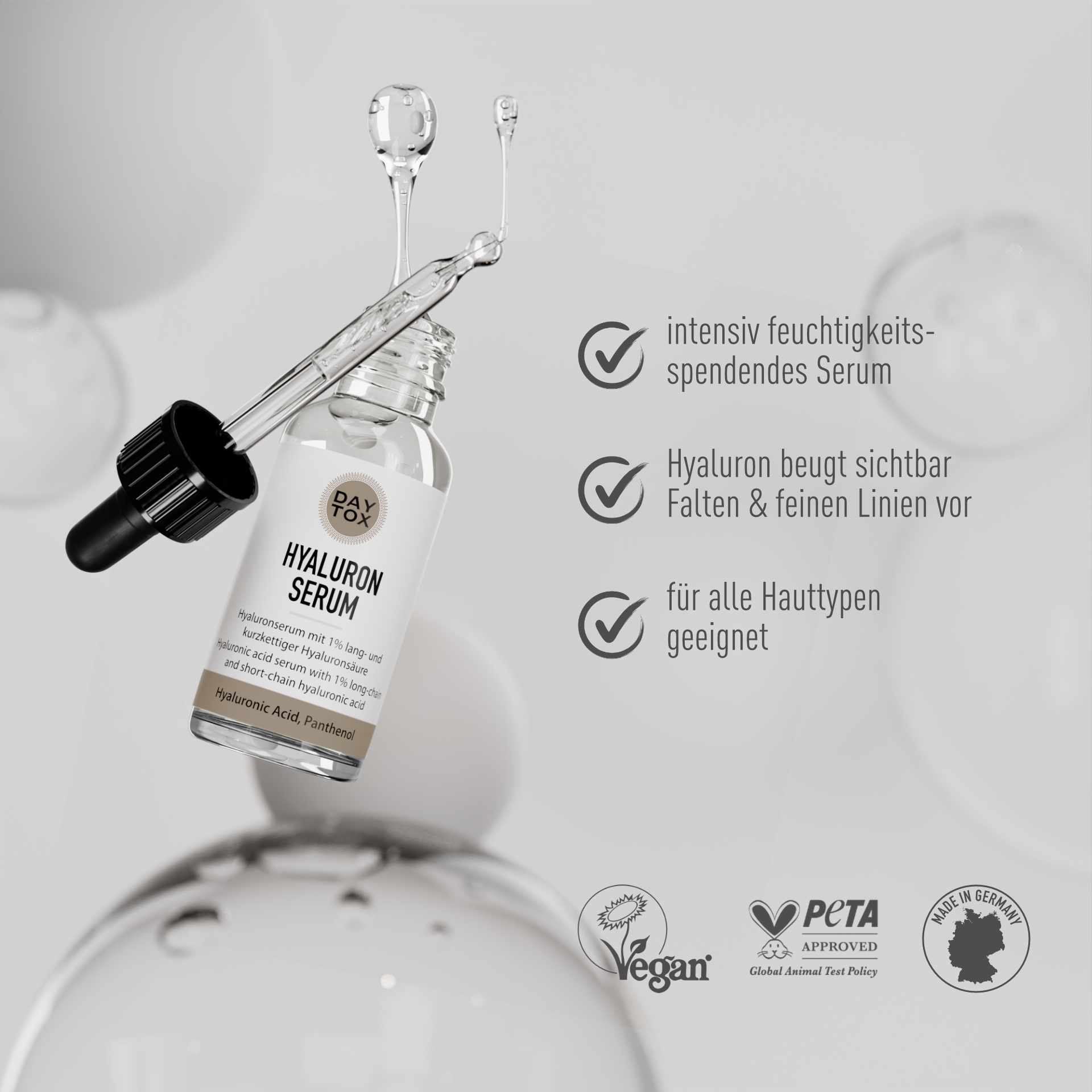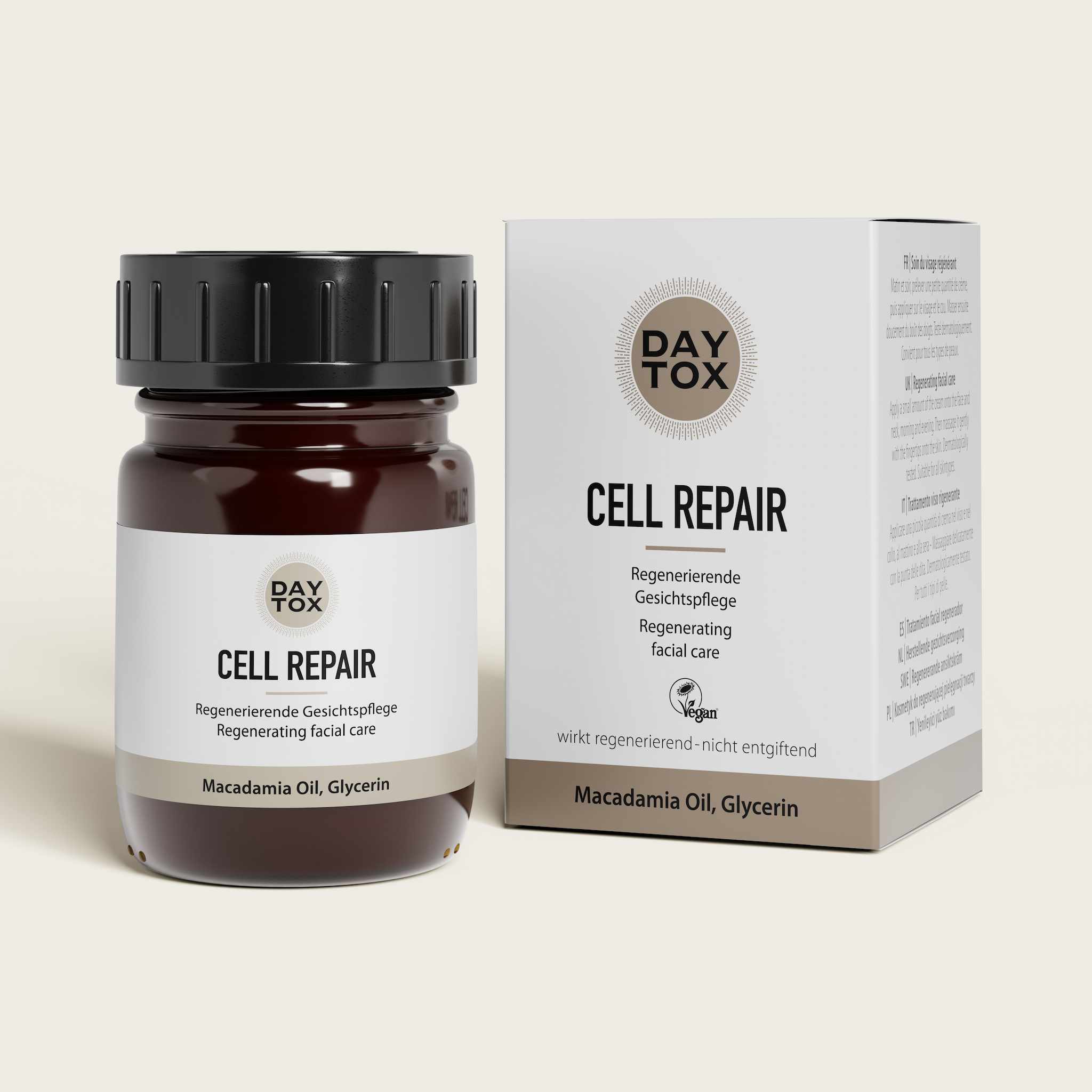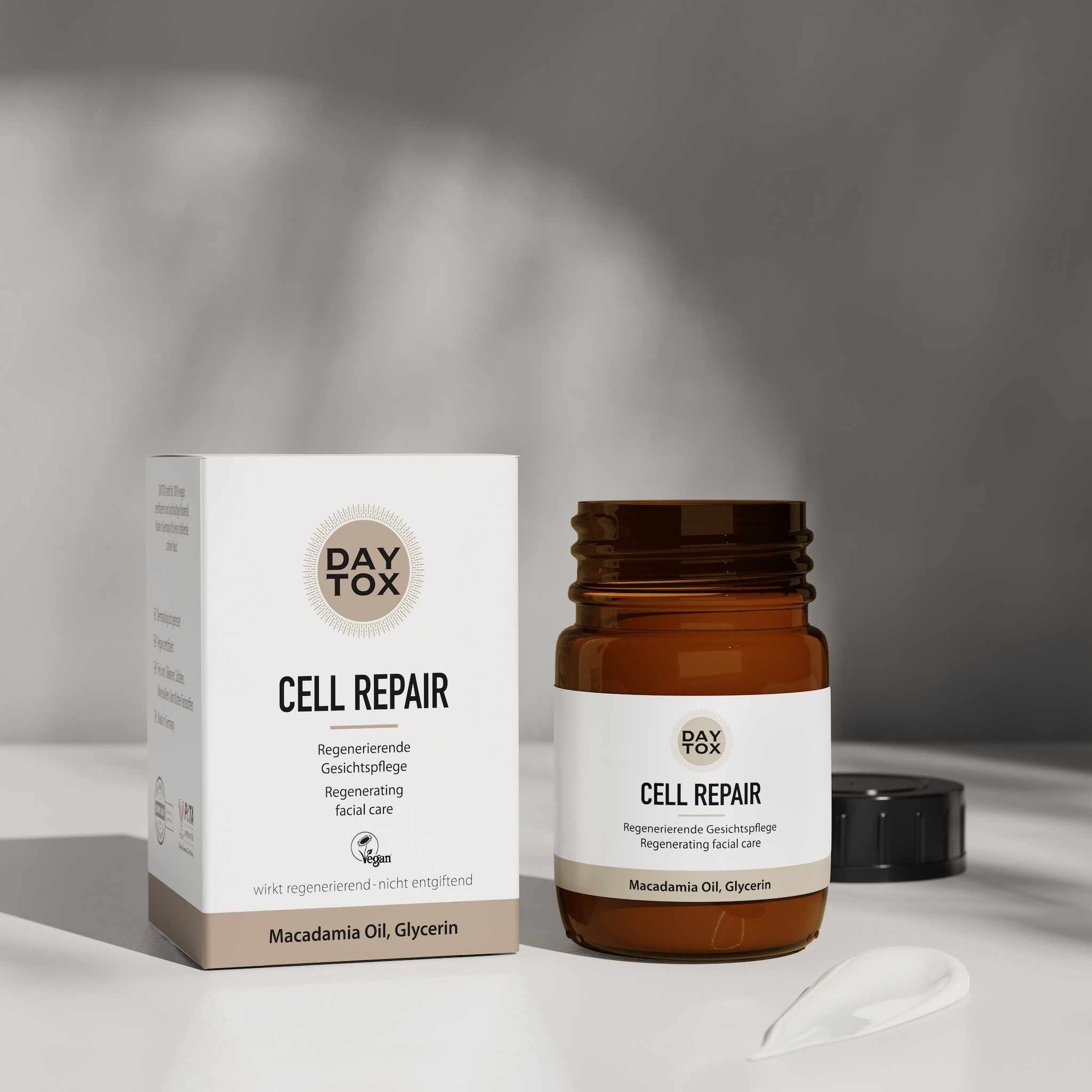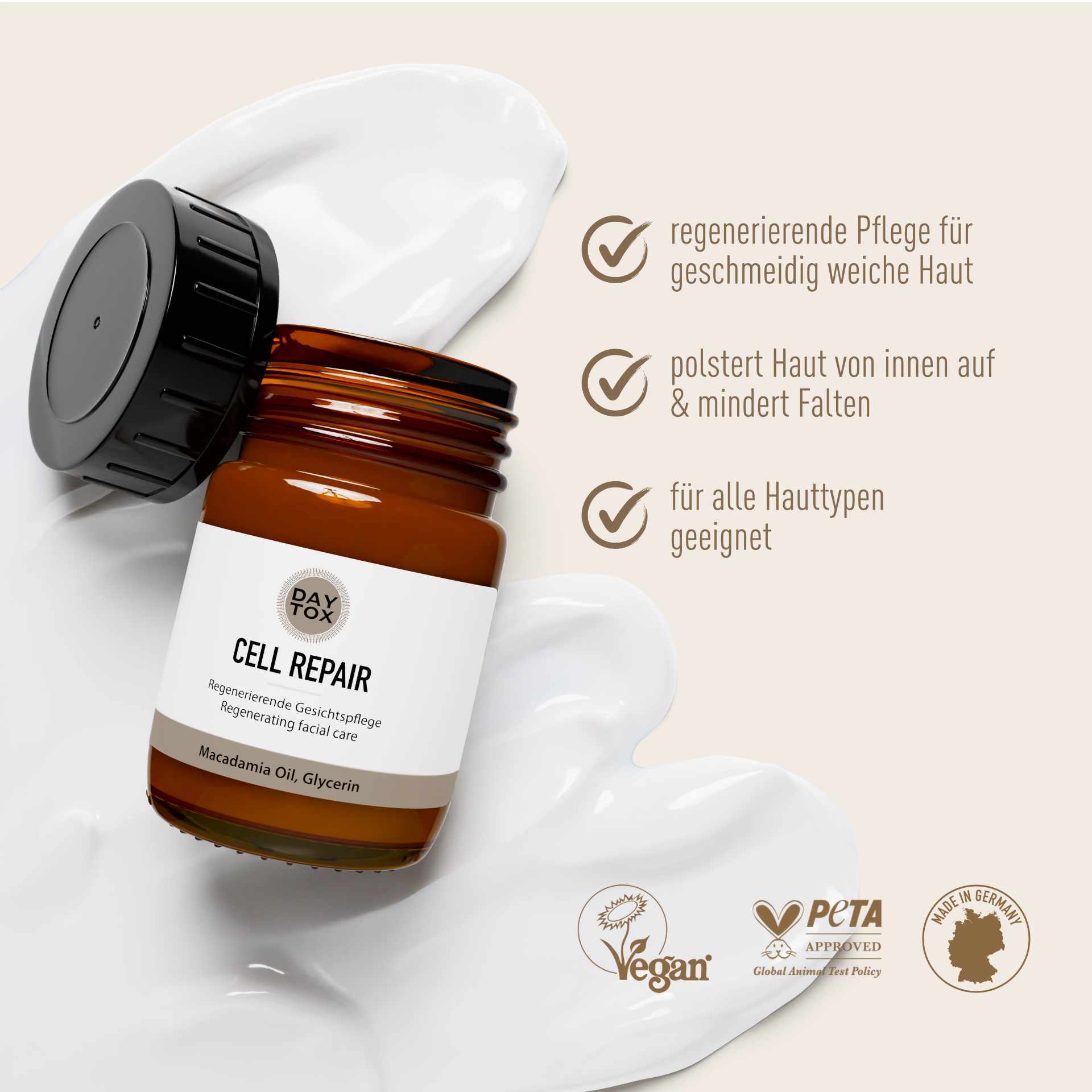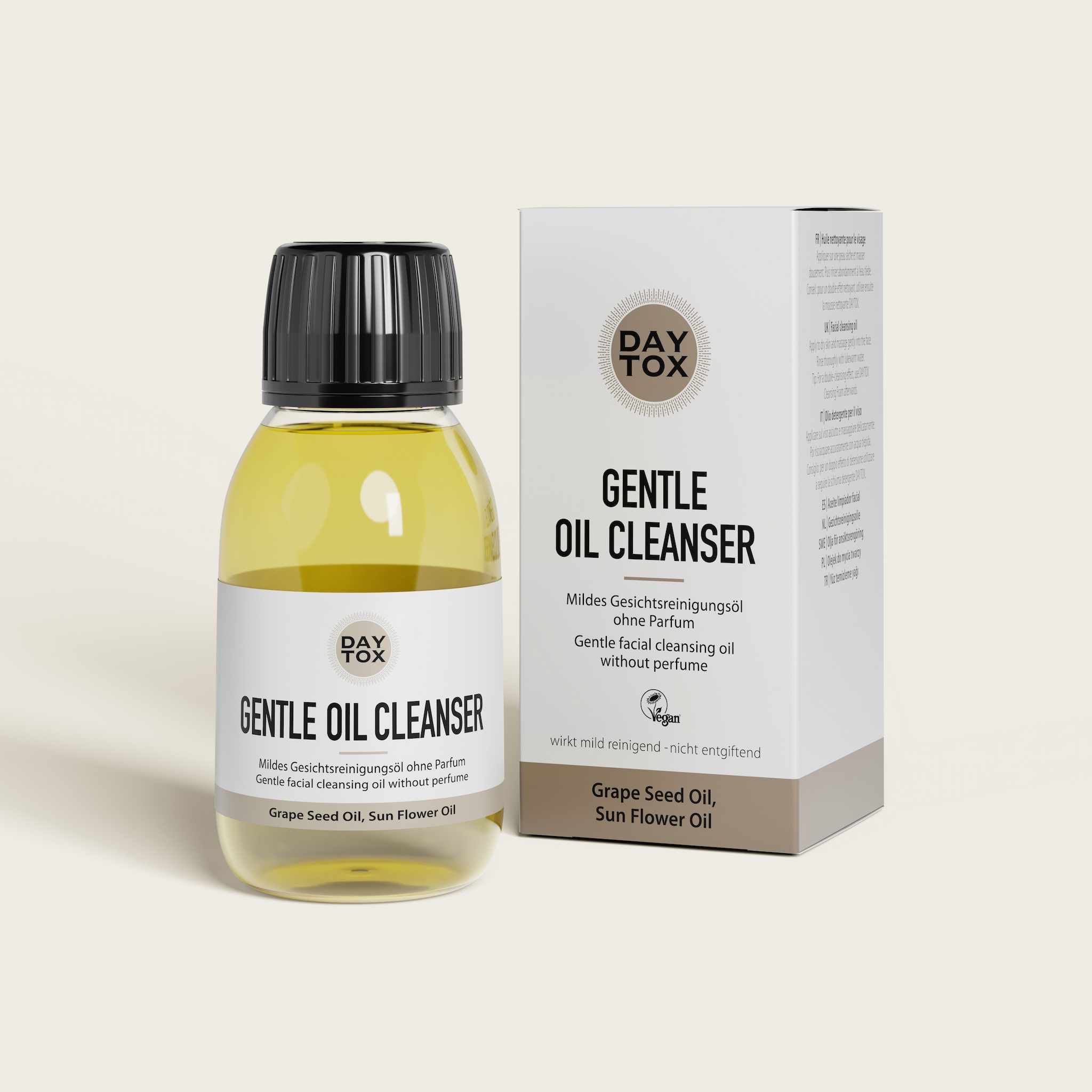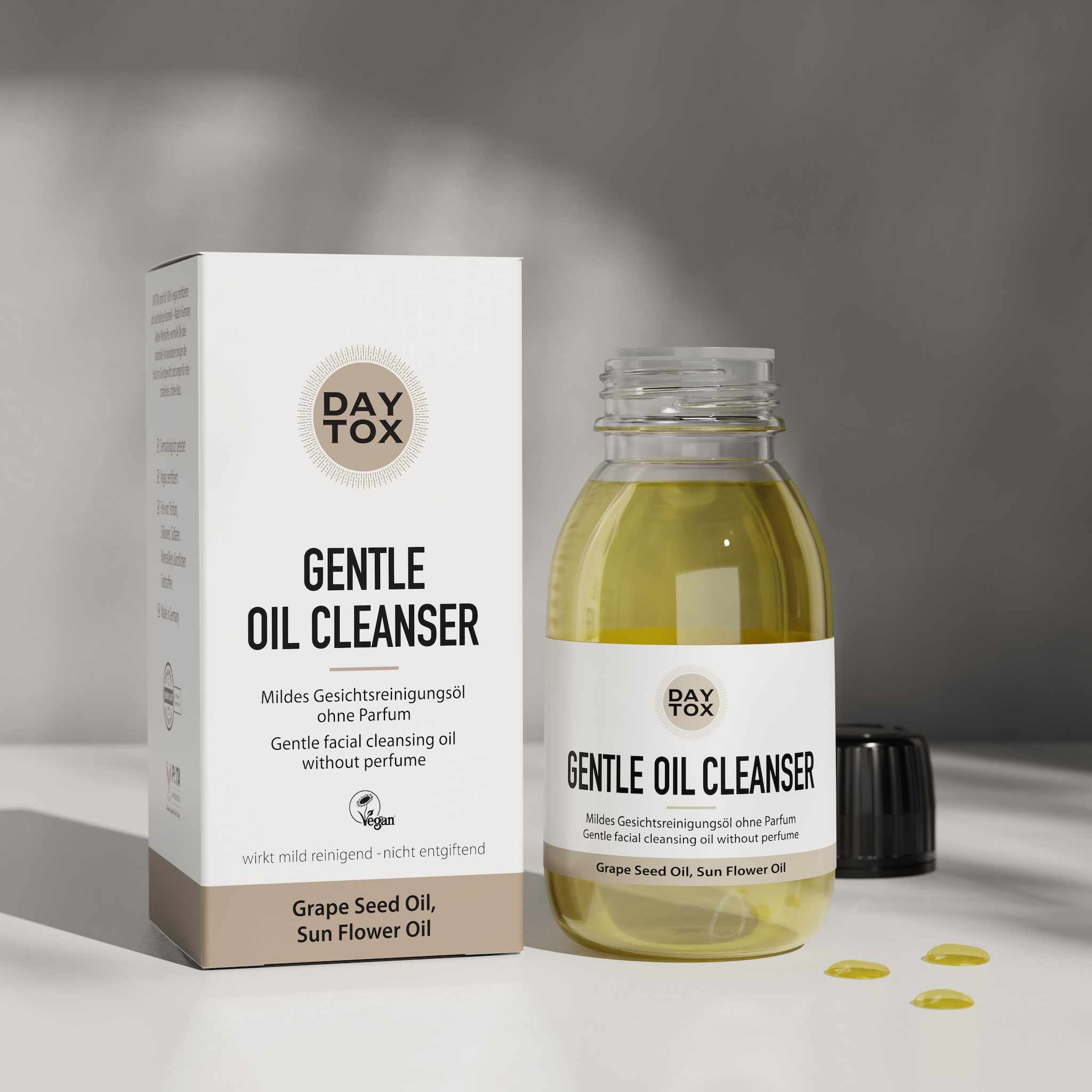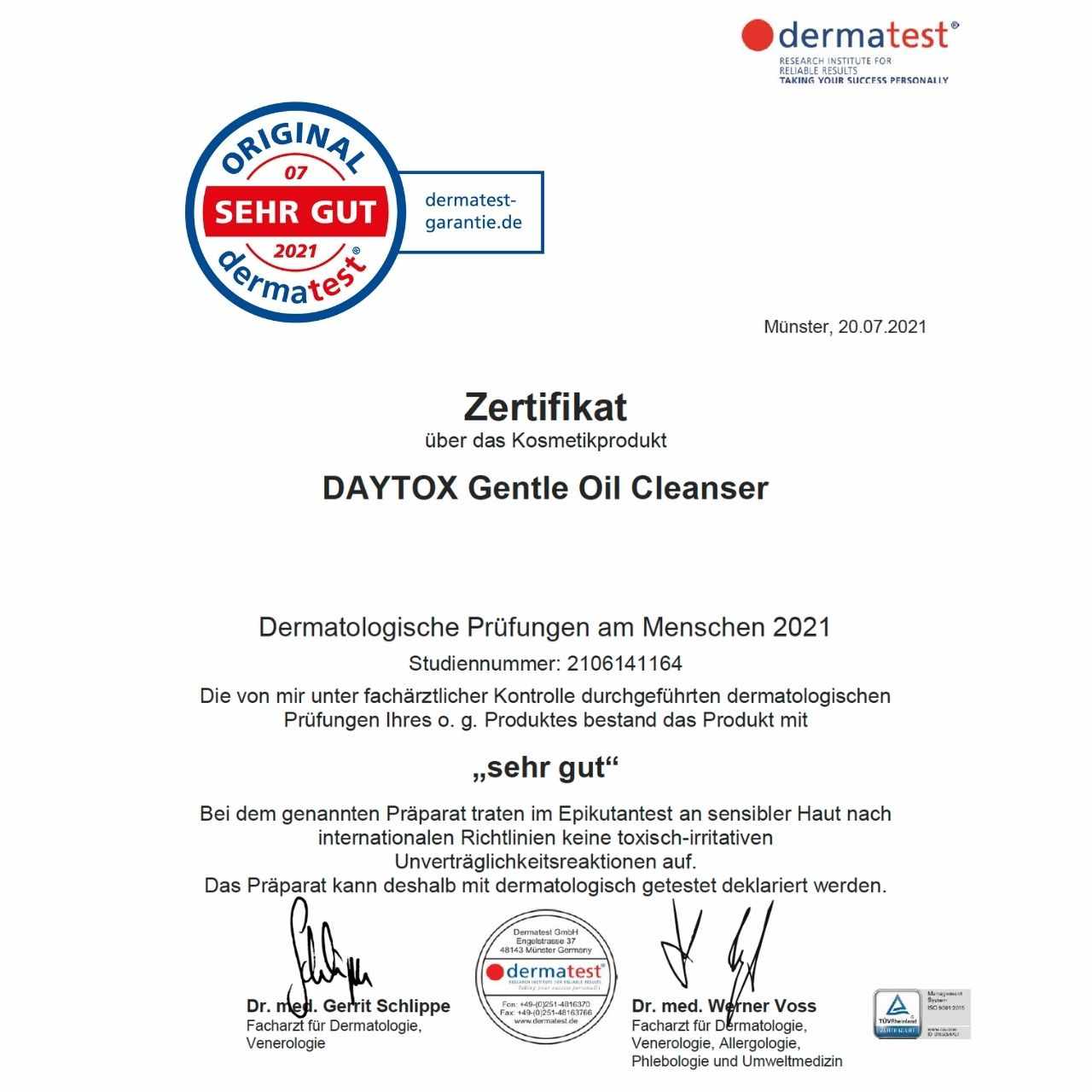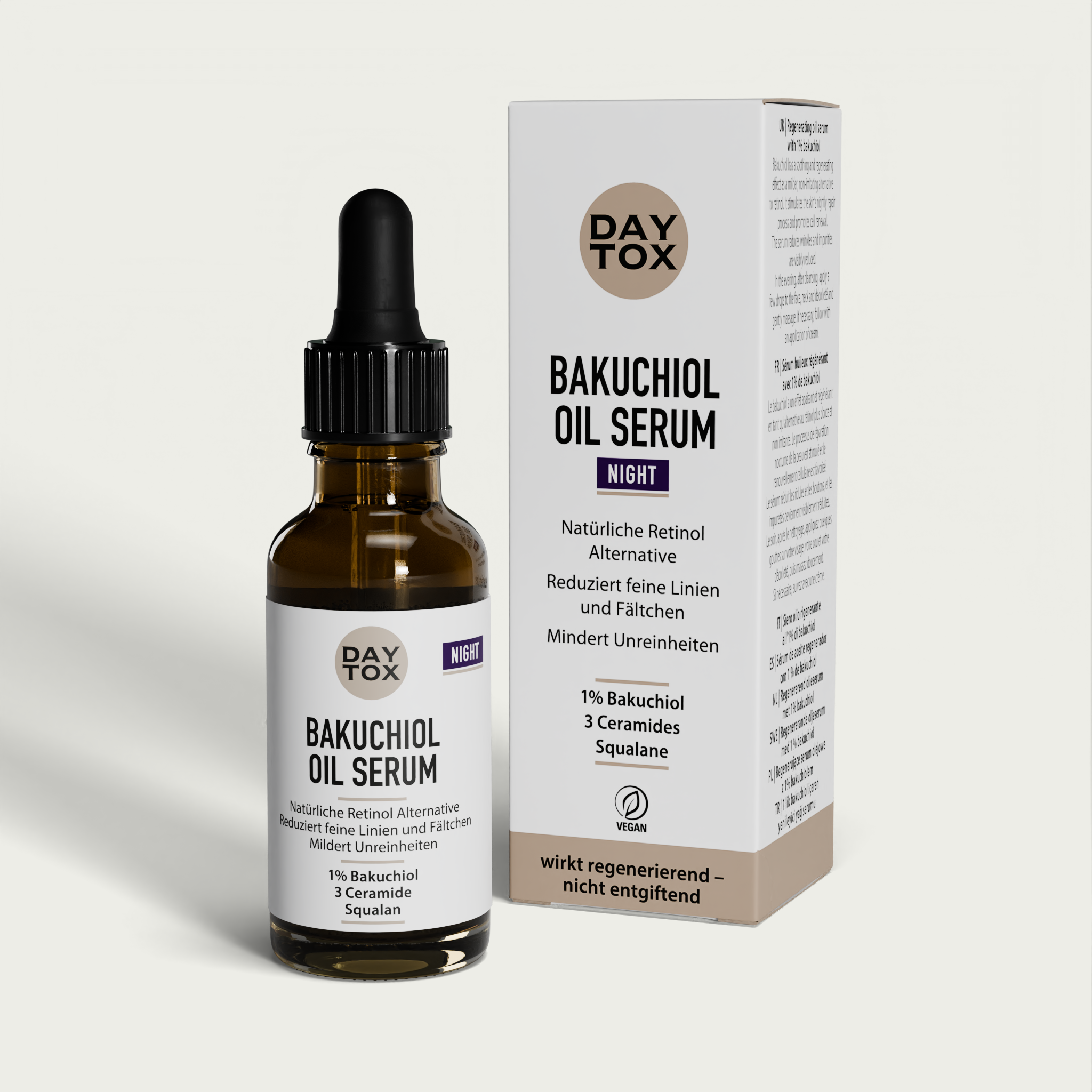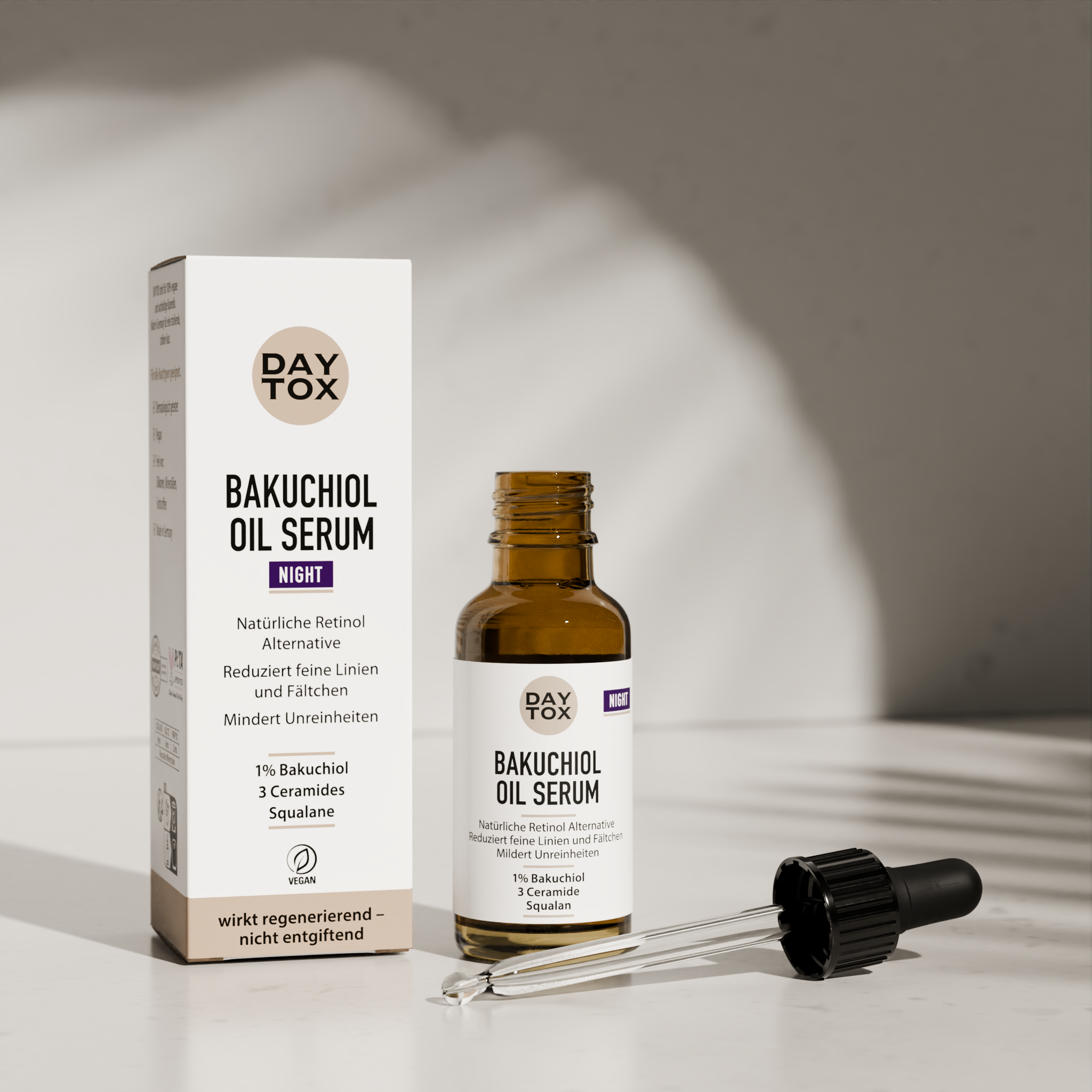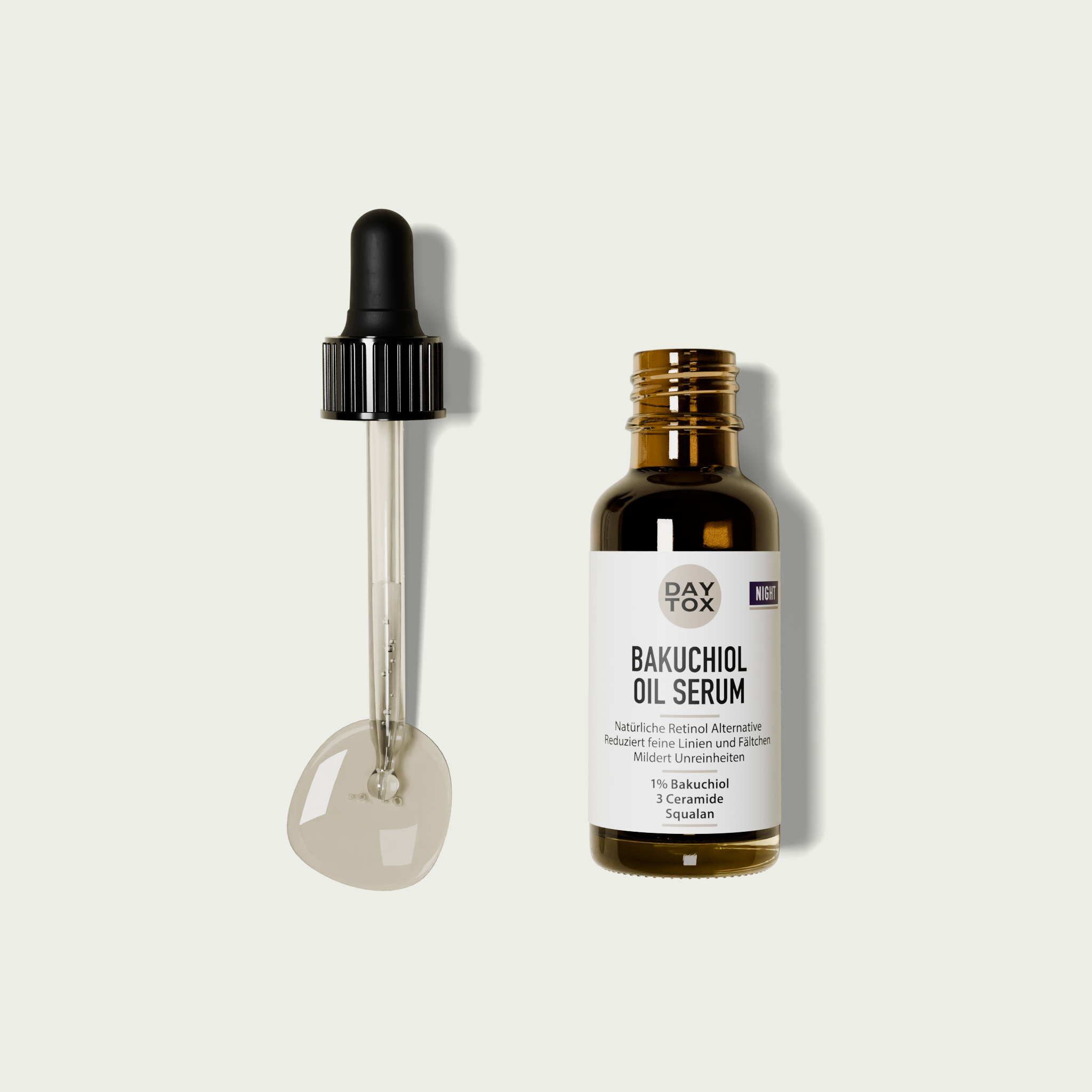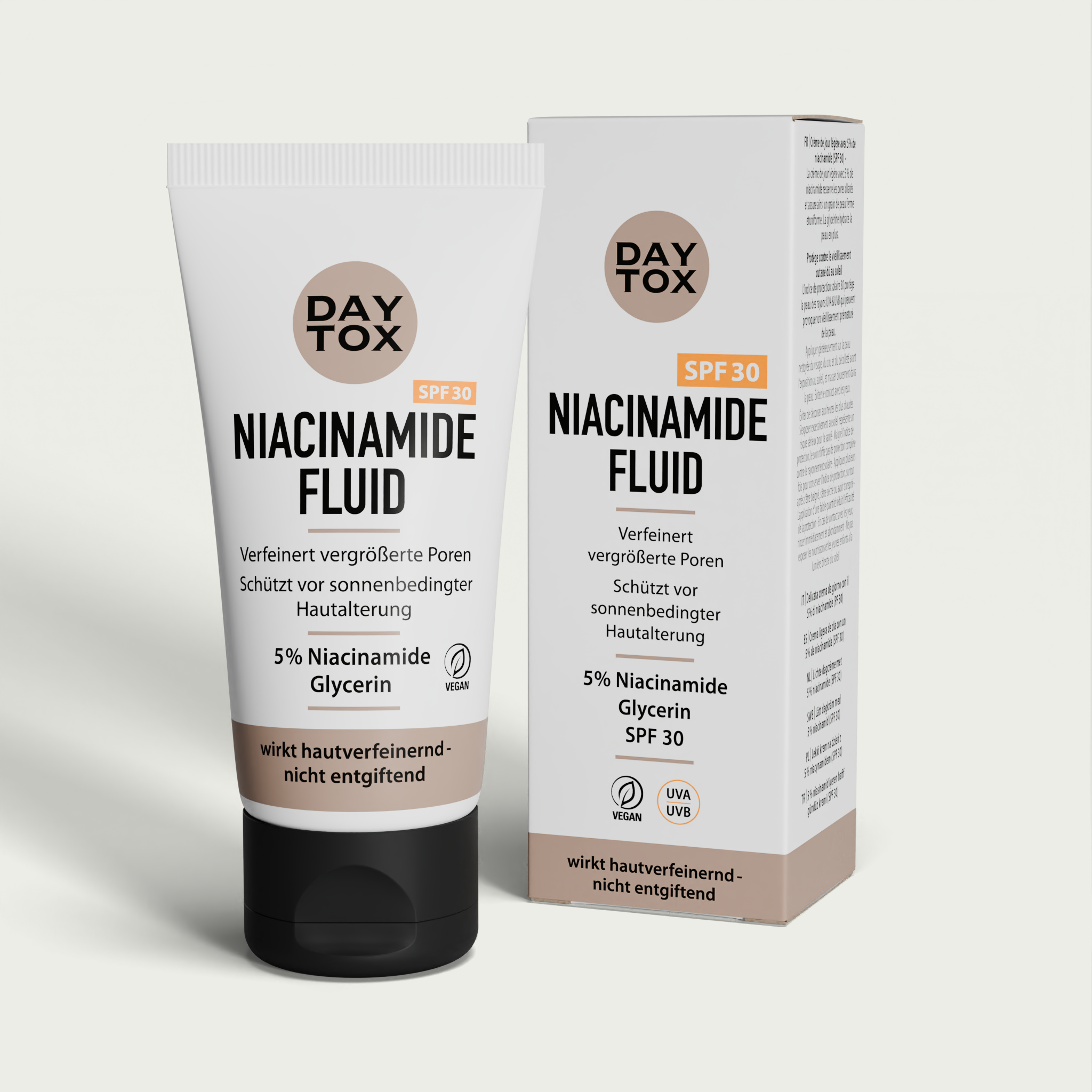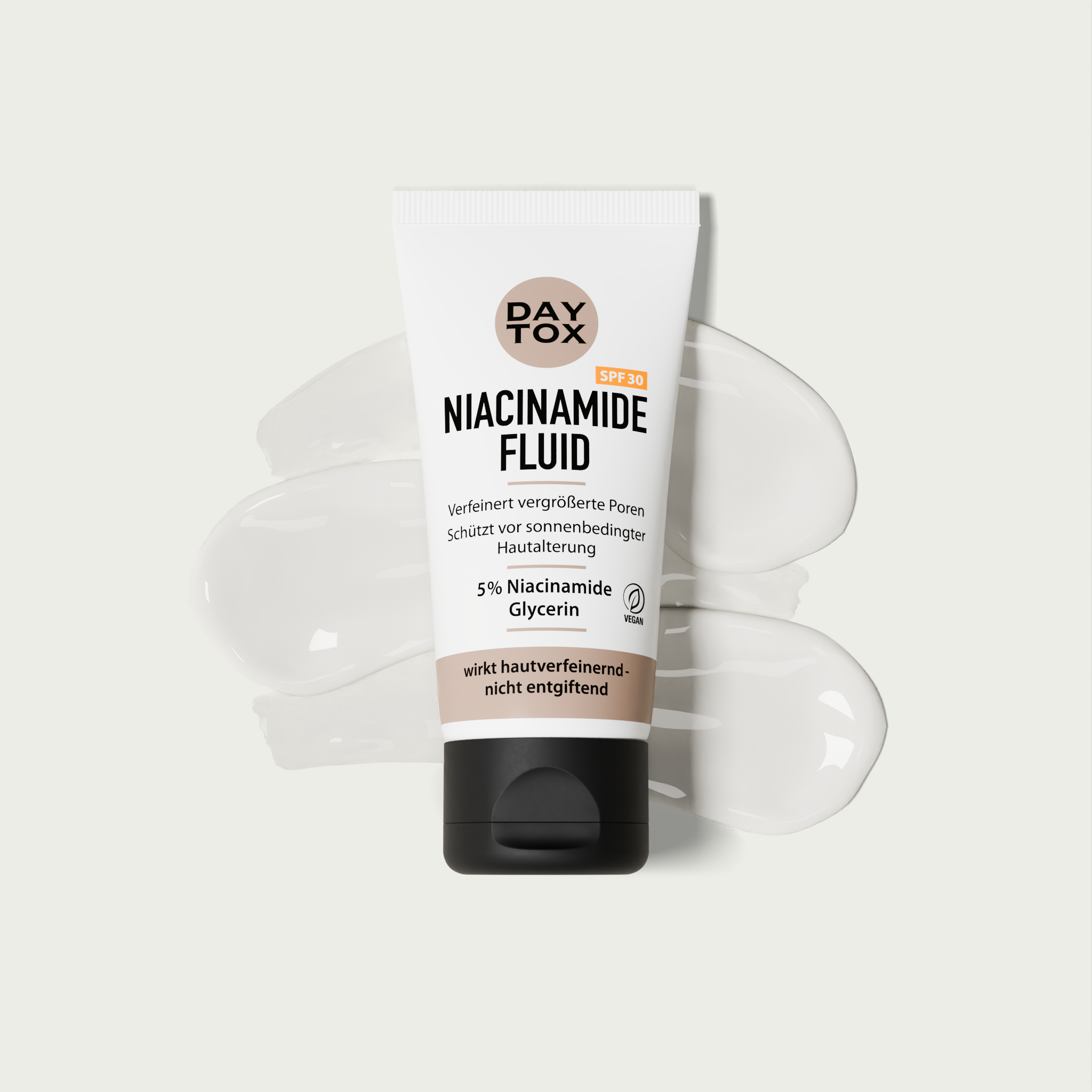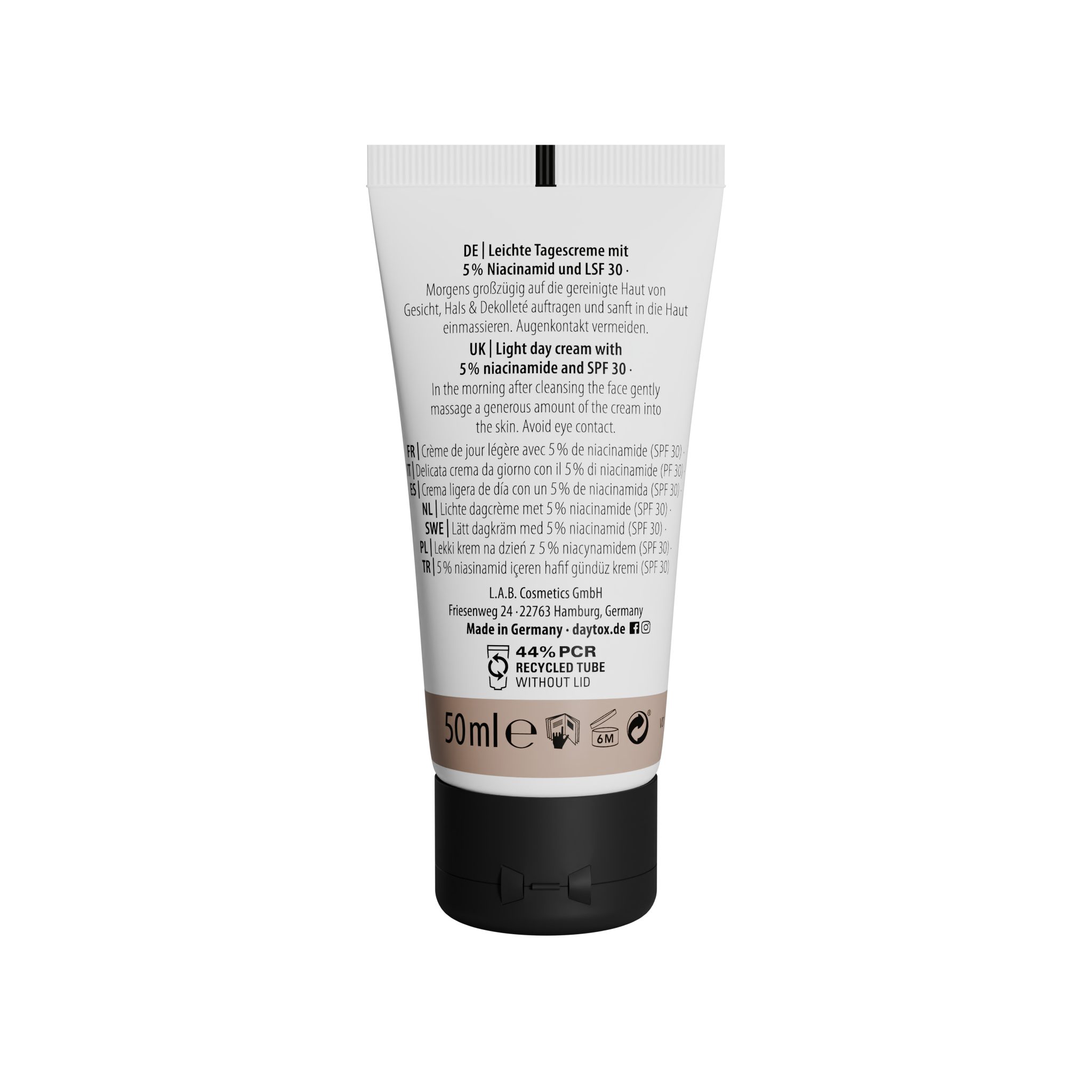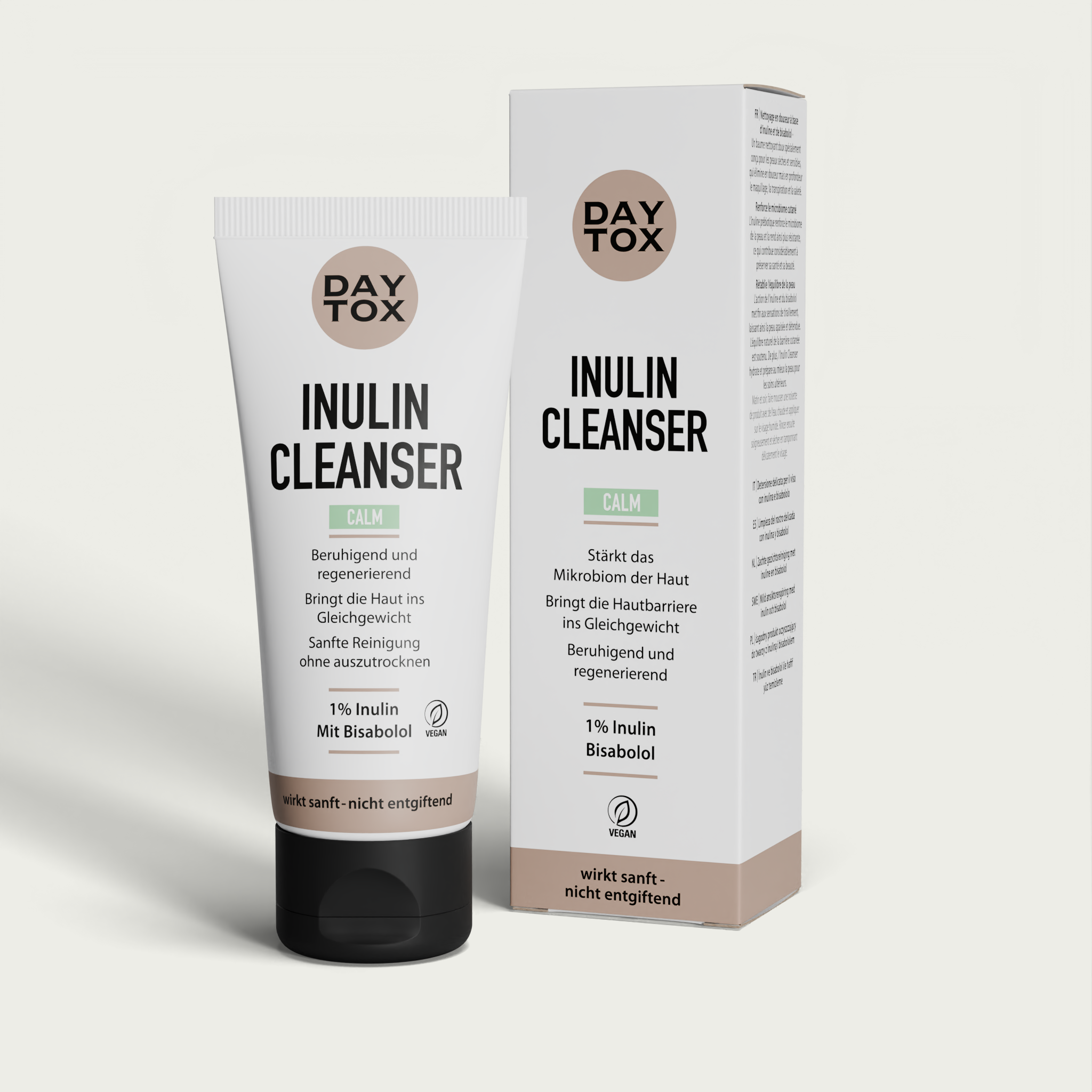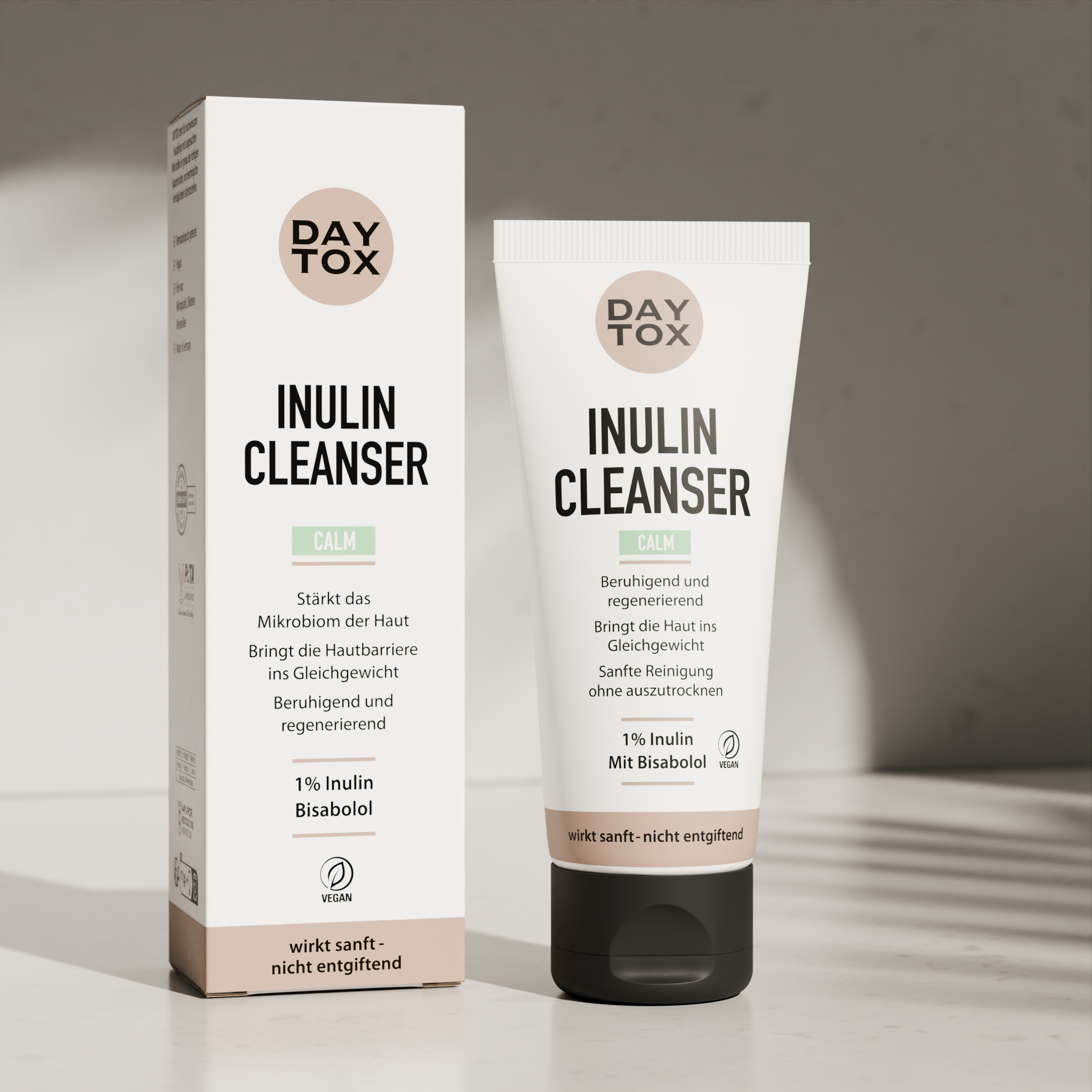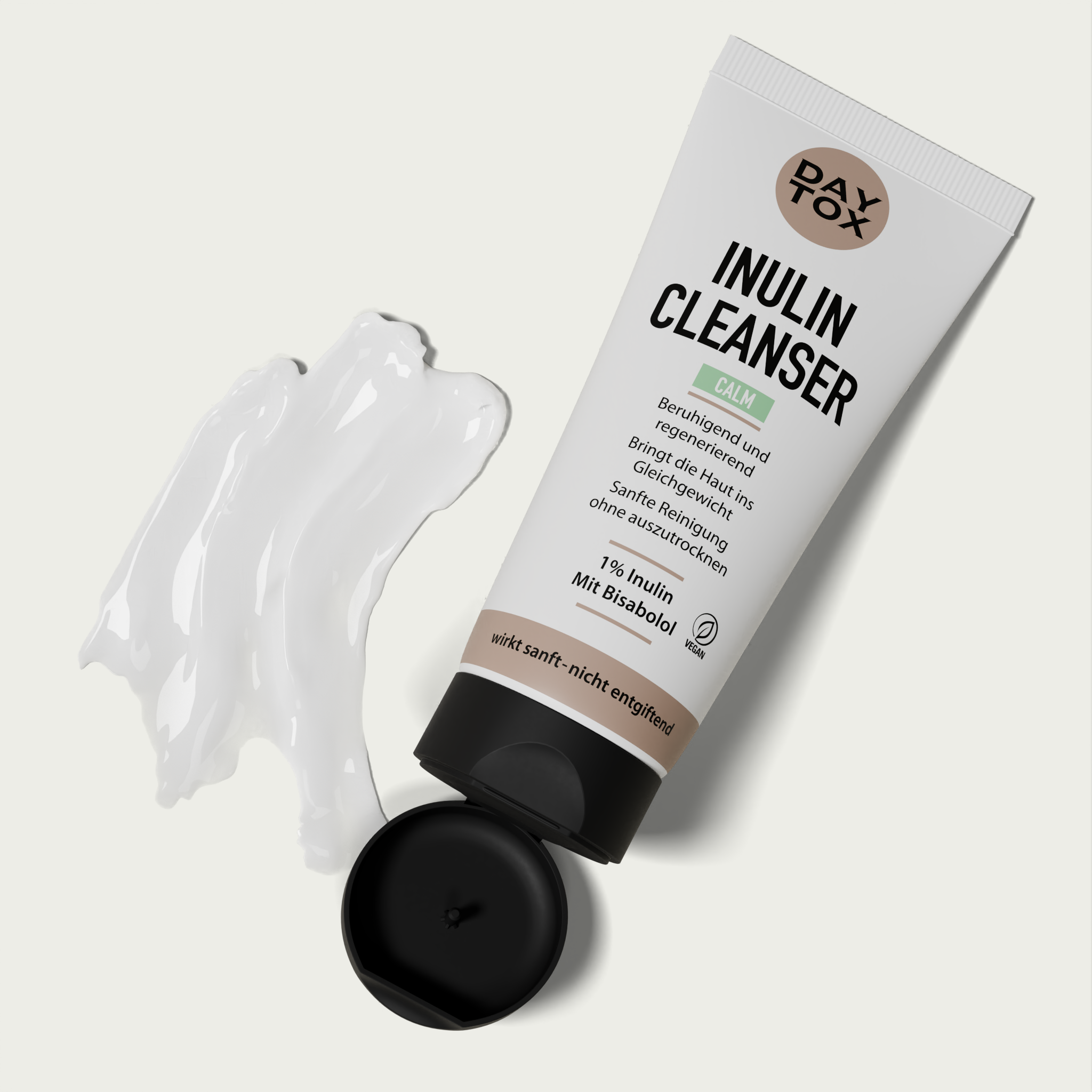Skin condition: Sensitive skin


Woran du sensible Haut erkennst
It's tight, itchy, and red: Sensitive skin is a condition that affects an increasing number of people. According to Dermatest, approximately 10-20% of all people are prone to sensitive skin. Symptoms include redness, flaking, itching, and burning and tight sensations. Sensitive skin can also quickly develop rashes with pustules, papules, or swelling.
Sensitive skin reacts very quickly and often very strongly to external stimuli and environmental influences. These include cold, heat, allergens, irritating ingredients in cosmetics, sunlight, or environmental pollution. For example, after a hot bath or the use of overly aggressive facial cleansers, redness and a burning sensation may occur. People with sensitive skin usually have fairer skin, which is prone to sunburn.
Excursus: Skin type vs. skin condition
By the way: Sensitive skin is not a skin type, but rather a skin condition that can affect people with very different skin types. While sensitive skin is often associated with dry skin, it can also occur with oily or combination skin.
Causes
Sensitive skin is a combination of both hereditary predisposition and external influences. Current research suggests that sensitive skin can be caused by a hereditary predisposition. However, external influences such as improper skincare, dry heating air, temperature, diet, or stress can also trigger symptoms.
Skin diseases such as neurodermatitis, couperose, psoriasis or rosacea can also be the cause of excessive sensitivity and irritation.
Sensitive skin often exhibits dryness and a reduced ability to retain water. The skin barrier is compromised and cannot retain moisture sufficiently. The protective film of sebum (skin oil) is missing or too thin, allowing moisture to evaporate. The damaged skin barrier is more vulnerable to harmful environmental influences such as heat, sun, or harsh cosmetics – and reacts with irritation, redness, burning, or itching. Free radicals and other toxic substances from the environment can also penetrate damaged skin more easily, which can lead to cell damage. The barrier is further weakened, and the skin becomes dehydrated.
Even people with healthy skin can develop sensitive skin over time, for example, due to improper skin care. Many people are allergic to preservatives such as parabens or allergenic fragrances such as limonene or citronellol, which are found in many cosmetics. Once a contact allergy has developed, the triggering substance usually has to be avoided for a long period of time (or even permanently), as otherwise irritation, redness, or even rashes can occur repeatedly.
What your skin needs
Our product recommendations for sensitive skin
